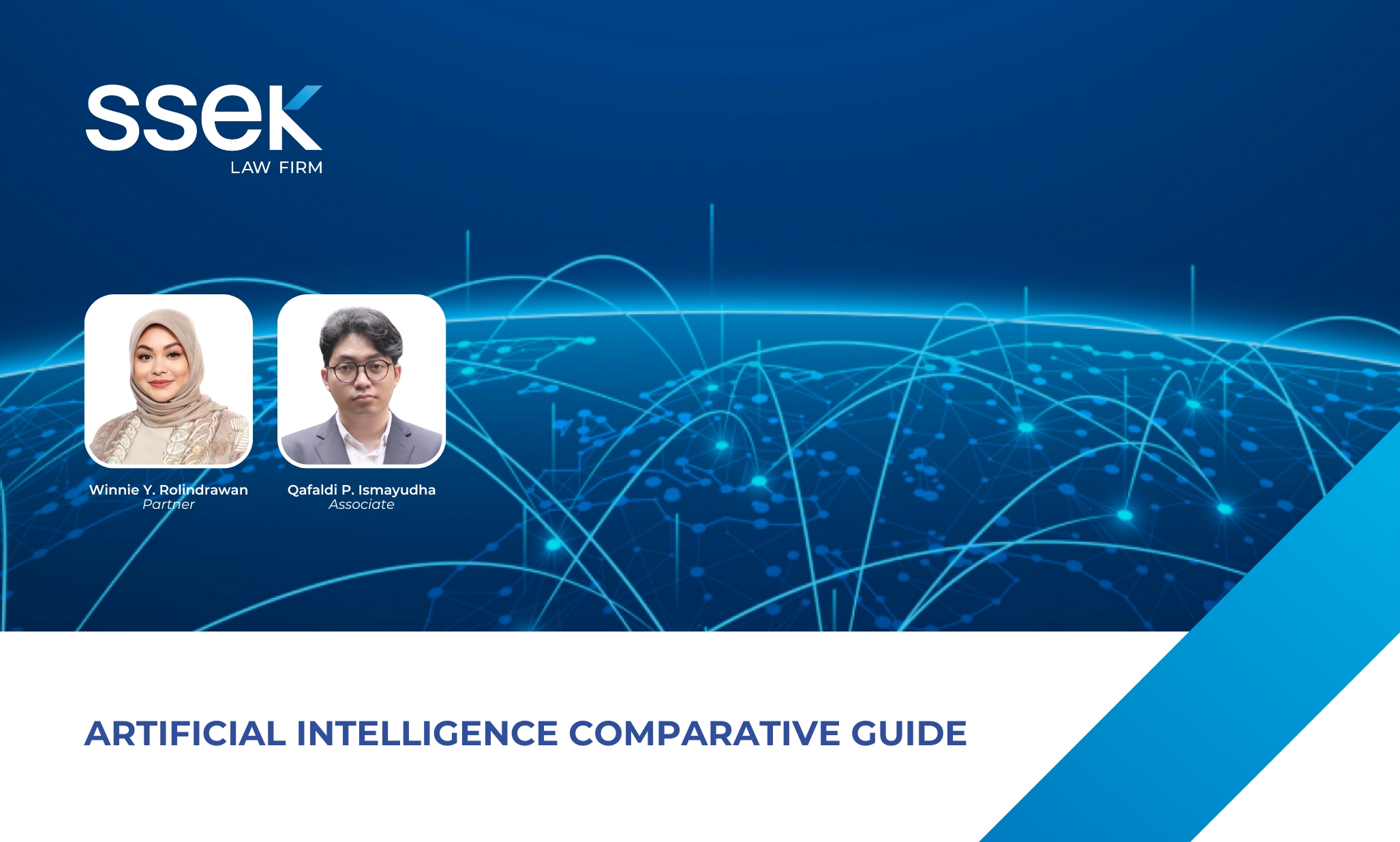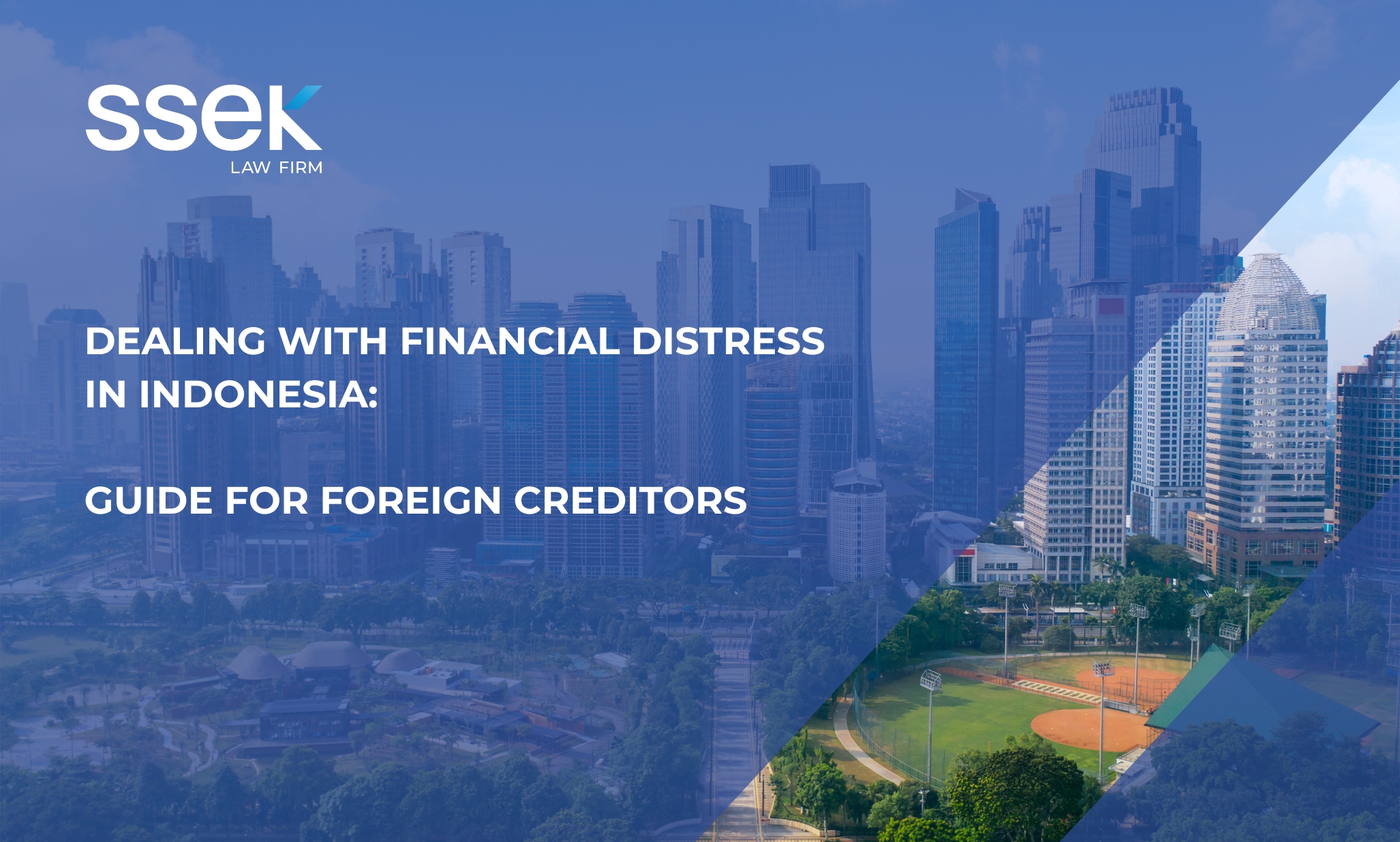

In 2021, Indonesia's employment sector was again impacted by the enforcement of the government's Covid-19 lockdown policy and the continued implementation of the work from home ("WFH") system. Separately, and just as significantly, the Indonesian Constitutional Court ruled in November that Law No. 11 of 2020 on Job Creation (the "Omnibus Law"), which made significant changes to Indonesia's employment law regime, was conditionally unconstitutional and would have to be amended.
We summarize the key developments for Indonesia's employment sector in 2021 and look ahead to what employers can expect in 2022.
Key Employment Law Developments in 2021
- Covid-19 lockdown and remote working
Depending on the speed and degree of Covid-19 transmissions at a given moment in a given region, the Indonesian Government has enforced lockdown policies, known as the Enforcement of Restrictions on Community Activities (Pemberlakuan Pembatasan Kegiatan Masyarakat or "PPKM"), carrying various levels of restrictions. The PPKM policy has been extended several times since it was first introduced, with periodic adjustments to the level of restrictions.
For example, Jakarta was placed on Level 3 PPKM for February 15-21, 2022. The authorities tightened the restrictions from Level 2 in response to the surge in Omicron cases in the capital. Level 3 PPKM restricts the number of employees allowed to work from office ("WFO") to a maximum of 50% of vaccinated employees in the non-essential sector. There are separate work from office restrictions for the essential and critical sectors.
Note, however, that employers are still free to decide on their preferred work arrangements, for example, full WFH or WFO (subject to the limitations provided by the applicable PPKM level in effect), or some hybrid system.
The Government has also been pushing the use of the PeduliLindungi application, which serves as evidence that the user has been vaccinated and is thus allowed to enter public places, including most office buildings. In light of the recent Omicron variant outbreak, the Government is also urging the issuance of regional regulations obliging the utilization of PeduliLindungi in public places, with violations subjecting the management of such public places to sanctions, e.g., suspension or revocation of operational licenses.
- Constitutional Court Decision on the Omnibus Law
The Government enacted the Omnibus Law in November 2020 and the new law, and its subsequent implementing regulations, reshaped Indonesia's employment law regime, introducing changes to, among other things, expatriate employment, employee entitlements, and the termination process and entitlements.
The Constitutional Court in its decision at the end of 2021 declared that the Omnibus Law is conditionally unconstitutional and must be amended within two years. This decision raised legal concerns and left employers wondering what to expect next and how they should proceed. The Constitutional Court also prohibited the issuance of any new implementing regulations for the Omnibus Law pending its amendment.
The amendments made by the Omnibus Law to various laws, including the Indonesian Manpower Law, and the already enacted implementing regulations for the Omnibus Law remain valid and in effect during the two-year time frame. However, if the Government of Indonesia fails to implement the revision as ordered by the Constitutional Court, the Omnibus Law (including the Indonesian Manpower Law, as amended by the Omnibus Law) will become permanently unconstitutional and all the earlier laws and regulations amended or replaced by or due to the Omnibus Law will become valid again. Employers will be watching this issue closely.
Employment Law Outlook in 2022
- Omnibus Law Post Constitutional Court Decision
It is important to note that the Omnibus Law and its existing implementing regulations are still prevailing as to date. As said previously, the Omnibus Law may be ruled permanently unconstitutional if legislators fail to rectify it within the set time frame. Considering that the Omnibus Law has introduced significant changes to the employment law regime, its being scrapped would have a significant impact on the employment sector.
We will have to wait and see if the court's rectification order is enforced, and if legislators do amend the Omnibus Law, what provisions might they revise, remove or add during the amendment process.
- Data Privacy Law
The privacy and protection of employees' data is a crucial issue for employers, yet Indonesia still does not have a comprehensive law governing data privacy. The most relevant provisions are those related to personal data protection and those are spread across various laws and regulations. But help could soon be on the way for employers. Indonesia's House of Representatives is discussing and reviewing the Personal Data Protection Bill.
From the drafts of the bill that have been made public, one of the biggest changes is that the new data privacy law could cover personal data processed both through electronic and non-electronic means.
While the bill has entered the discussion stage in the House and is included in the 2022 Priority National Legislation Program of bills targeted to be enacted in 2022, there is no assurance as to when the bill might actually be passed into law.
- Sexual Harassment Law
The Indonesian House is drafting an Eradication of Sexual Violence Bill. If enacted, this bill would be the first comprehensive legal basis for sexual abuse cases in Indonesia. According to the House's website, the bill is still in the drafting stages and has not yet entered the discussion stages. So, while the bill is also included in the 2022 Priority National Legislation Program, it is reasonable to assume that there is still a long way to go before it is enacted into law.
Once enacted, however, the new law is widely expected to create a more supportive environment for victims of sexual violence and harassment, including in the workplace. Employers will need to take note of the new law's provisions and consider those when drawing up company regulations and policies.
The above material is intended for informational purposes only and does not constitute legal advice. Circumstances may change and this material may become outdated. SSEK is under no obligation to update or correct this material. Any reliance on the material contained herein is at the user's own risk.









